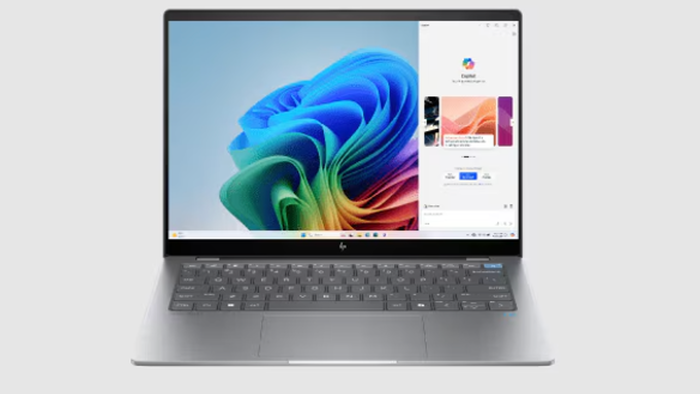In the latest financial reports, Dell Technologies and HP have both faced significant declines in their stock prices, highlighting ongoing struggles in the personal computer (PC) market. In premarket trading on Wednesday, Dell shares plummeted by as much as 12% following the announcement of quarterly earnings that failed to meet expectations. Dell’s CFO, Yvonne McGill, indicated that the anticipated PC upgrade cycle has been pushed into the next year, reflecting a general hesitance among consumers and businesses to invest in new hardware. On the other hand, HP’s performance also fell short as it reported weaker-than-expected personal systems sales, leading the company to offer a subdued forecast for the future.
Dell’s third-quarter earnings revealed a mixed bag of results. The company’s total net revenue reached $24.37 billion, representing a 9.5% increase year-over-year, yet it slightly missed the Bloomberg Consensus estimate of $24.59 billion. Notably, Dell’s Infrastructure Solutions Group net revenue increased by a robust 34% year-over-year to $11.37 billion, but its Client Solutions Group saw a decline in revenue to $12.13 billion, down 1.2% from the previous year. Analysts provided varied perspectives on Dell’s performance, with some expressing concern about the long-term implications of a delayed refresh cycle impacting both consumer and commercial sales, while others viewed the post-earnings stock reaction as overly pessimistic.
HP also struggled in the wake of its quarterly results, with shares declining by 8% in premarket trading. HP recorded adjusted earnings of 93 cents per share, matching the previous year but falling just short of expectations. The company’s net revenue rose by 1.7% to $14.06 billion, but it was hindered by disappointing performance in its Personal Systems division. CEO Enrique Lores attributed these challenges to a lack of momentum from Microsoft’s new Windows software, which had failed to ignite a significant surge in PC demand among corporate clients. Additionally, HP’s outlook for the upcoming quarter did not reassure analysts, as it predicted earnings significantly below market expectations.
Wall Street analysts provided a mix of insights following HP’s earnings report. Many highlighted the ongoing pressures on profit margins due to a softening PC market and increased competitive pricing dynamics. JPMorgan’s analyst pointed out that the company’s future forecasts were heavily reliant on the volume cycle, with HP navigating challenges that plague the overall PC market. Despite some positive reviews regarding HP’s ability to weather current conditions, there was a consensus that the near-term outlook remained uncertain, suggesting that recovery might be more pronounced in the latter half of the fiscal year.
The general tone among analysts for both Dell and HP was one of cautious assessment, citing factors such as market dynamics, competitive pressures, and the challenges of consumer demand. Concerns were raised regarding the overall health of the PC sector, compounded by a perceived delay in the expected refresh cycle for PCs. Analysts noted that this trend could potentially extend into 2025, prompting many to reconsider their forecasts based on lower-than-expected sales volumes and deteriorating market conditions.
Adding to the disappointment in the tech space, the anticipated supercycle of upgrades driven by AI-enabled Apple iPhones has also proven to be lackluster. The latest data from market tracker IDC suggests that consumer interest in these new devices has not spiked as hoped, indicating a broader trend of tepid demand for technology upgrades across the market. This trend could further complicate growth projections for companies like Dell and HP, which are already grappling with the ramifications of a stalled PC upgrade cycle and shifting consumer preferences.
In conclusion, the latest quarterly results from Dell Technologies and HP reflect significant challenges faced by both companies amid a sluggish personal computer market. With weakening sales and cautious outlooks for future quarters, investors are reacting with apprehension, evident in the sharp declines in stock prices. Furthermore, broader market sentiments, including lackluster performance from Apple’s latest iPhone line, signal a potential ongoing struggle for technology companies as they navigate the shifting landscape of consumer electronics and corporate spending on hardware. As the industry looks ahead, the emphasis will likely shift towards developing strategies to stimulate demand and foster a sustainable recovery in the tech sector.

